A Visit With Yi Ho Yeong Part 1: Tea Production
I want to begin a series of posts on several artisan tea producers whose tea we can acquire for you by introducing you first to Yi Ho Yeong. I have selected her for my first artisan tea producer post for several reasons. I’m sure that you can guess what they are after reading the posts.
In the book The Korean Way of Tea Brother Anthony of Taize and Hong Kyeong-Hee write:
Sitting in a traditional Korean house, with doors and windows open to the early morning sunshine, the taste of the first cup of tea, made with water that is far below boiling point, on a palate freshly awakened, is so intense, so indescribably fragrant, that from that day on the only question can be: ‘When shall I be able to go back and drink that tea again?
Brother Anthony and Hong Kyeong-Hee must have been referring to the tea made by their good friend Yi Ho Yeong one of the finest artisan tea producers in Hwagae Valley or should I say in all of Korea. It was Brother Anthony who introduced us and led us to Yi Ho Yeong’s beautiful home. A home seemingly dedicated totally to tea. That was on our first Tea Tour Korea in 2011. We went again on Tea Tour Korea 2013 and hope to return there in 2014 and for any other future tea tours we may develop. Brother Anthony and his co-author Kyeong-hee had been there when Mr. Hong made tea with Yi Ho Yeong in 2006. Brother Anthony photographed and wrote about that experience. They have been friends with Yi Ho Yeong for many years. Brother Anthony’s website gives a very good explanation of the way Yi Ho Yeong makes her tea. With Brother Anthony’s permission, I am borrowing from that post including several images.
That post cemented our desire to host Korean Tea tours and to meet these tea producers and authors on tea. Over the last several years, Brother Anthony has been very gracious with his time and energy helping us as we continue to navigate the world of Korean Tea.
To get to Yi Ho Yeong’s home, you really have to know where you are going. Her house seems hidden from the road with a gentle path that leads us to this remarkable tea master. That path also seems to take us back in time to a time and place when the making of tea was not a business but rather simply a way of life. The garden behind this beautiful home is dedicated to the production of tea. However, before we explore that area, lets first briefly meet Yi Ho Yeong.
What can I say about Yi Ho Yeong? She is a very gracious host, gentle and dedicated to tea in a very peaceful way. Dare I say in a Seon or Zen way? She invites us to view her garden and tea production facilities while she enters her home for last minute preparations to receive our small tea group. We’ll go with her inside on our next post.
The tea production area is integrated into her garden and is a natural part of it. It includes several large structures. Here Brother Anthony, who joined us on our first visit in 2011, stands beside a chongja or pavilion. The chongja is covered with a thatched roof as are all of her tea buildings. Behind Brother Anthony is her Korean style home.
The above combined image shows the area from both directions. (A) is looking toward the home beyond where Brother Anthony was standing in the first image. Turn around. (B) Now you are facing the tea production buildings. The garden is on the right, (on left in image A)the tea production buildings are on the left in image B.
There we find a basket with clumps of fresh quickly parched and hand rolled tea leaves.
The juices have been awakened and Lim Jeong Jin is hand separating the now very sticky green tea leaves. The leaves must be carefully and delicately separated by hand so that no leaf is broken.
Then they are placed on trays to allow the moisture to evaporate freely. This process of parching and carefully rolling the leaves by hand is repeated several times – traditionally nine times. Each time the leaves are separated and allowed to rest while another batch is being dried. This process is repeated until the final roasting.
Obviously it is difficult to look at a production area without discussing the production process.
This is the leaf drying and processing area. On the right is a metal cauldron that sits over a wood fire. On the left are winnowing baskets used to both transport and winnow the leaves. On the far left is a door leading into a room with an ondol heated floor. We will see how each of these plays a part in the production of the tea.
Here Mr. Hong and Ms Lim (behind Mr. Hong) are completing the final roasting of the first stage.
After the last roasting of leaves in the first stage of production, the leaves are separated again and allowed to rest indoors for several hours or often over night on the heated ondol floor. In the morning the leaves are returned once again to the caldron over low heat and stirred and pressed until the leaves are completely dry.
Here Lim Jeong Jin (L) and Yi Ho Yeong (R) are completing the process known as mat-naegi or hyang-olligi. This is Korea’s taste and fragrance enhancing process. During this process, that can last two or more hours, the tea leaves turn from green to dark gray.
Then the completely dried leaves are winnowed to pick out stems or broken leaves. The leaves are separated once more and allowed to cool before packing.
All of Yi Ho Yeong and Lim Jeong Jin teas are completely hand made from the picking of the leaves on steep hills to their final mat-naegi or hyang-olligi process over a wood fire. Just as it has been done for hundreds of years. It is rare to visit such a production area as this. It is more rare to witness any aspect of this process today in Korea or in any part of the tea world where each country has developed their own ways of making green tea as most have gone, at least in part, to machines.
We are honored to be able to share this experience and Yi Ho Yeong’s and Lim Jeong Jin’s teas with our customers. Contact us to learn more about her teas and how you may be able to get some.
Please continue to Part 2.
Note: It took two visits and some borrowed images from Brother Anthony to be able to present this post. Thank you Brother Anthony and Hong Kyeong-Hee. Brother Anthony’s images are noted (BA).
Join us in May 2014 for Tea Tour Korea 2014 when you will meet Yi Ho Yeong and many other exceptional artisan tea producers and tea ware artists. Contact us to learn more.

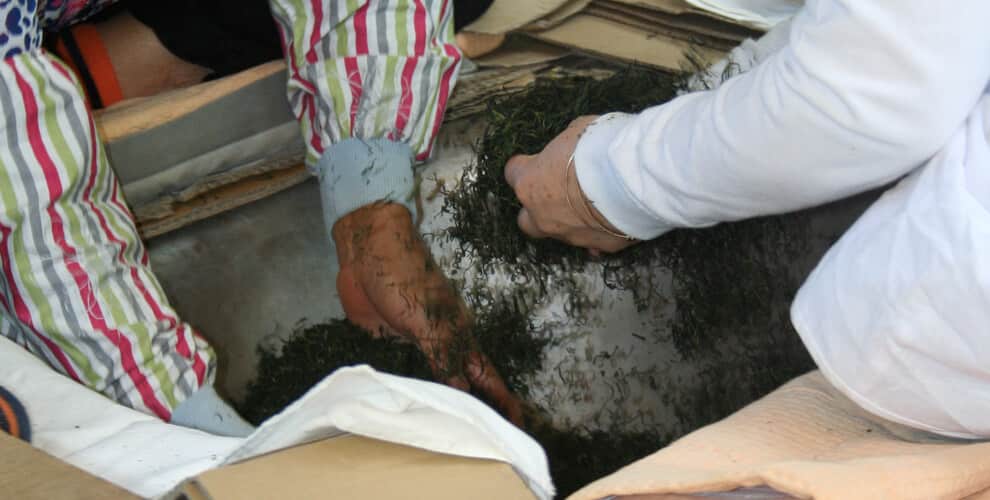
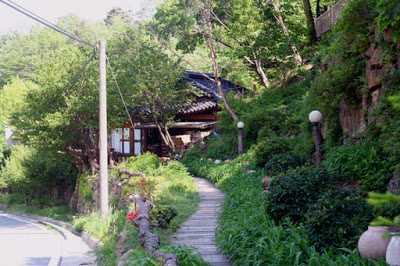
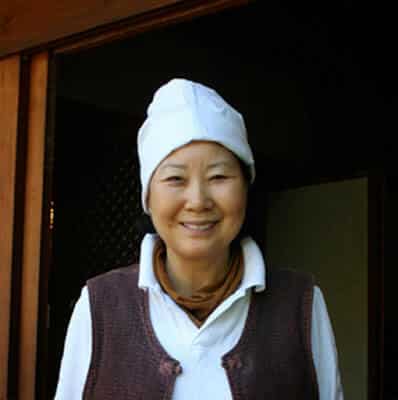
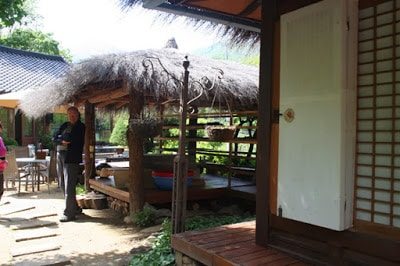
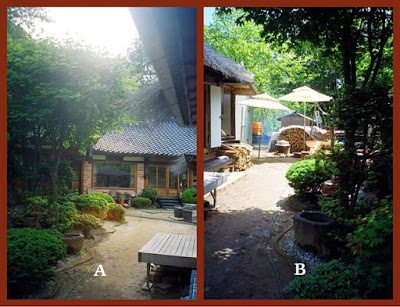
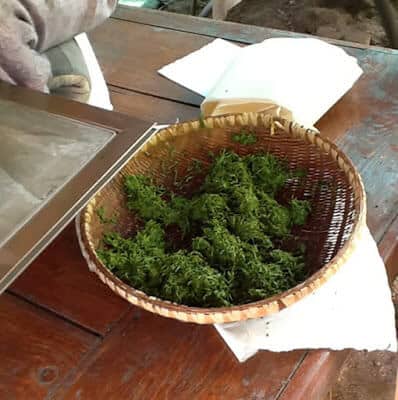
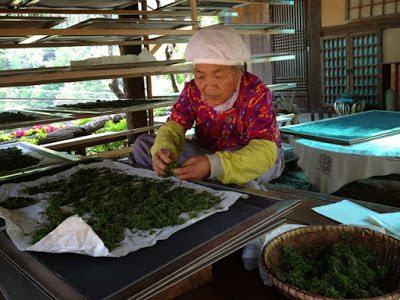
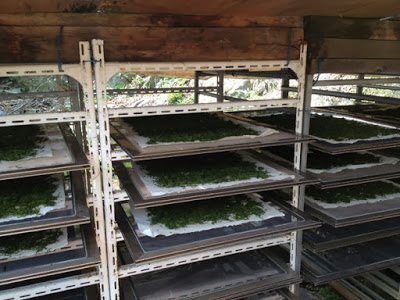
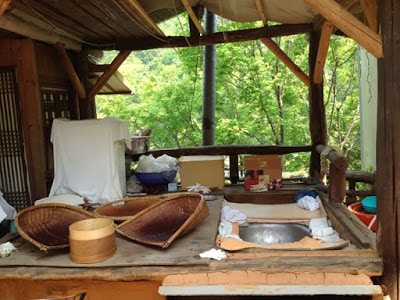
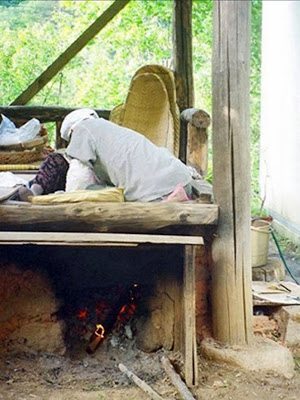
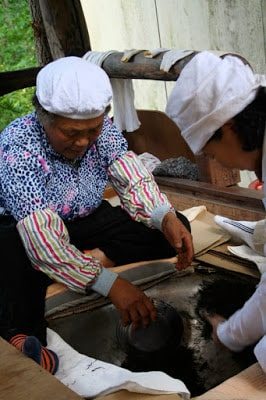
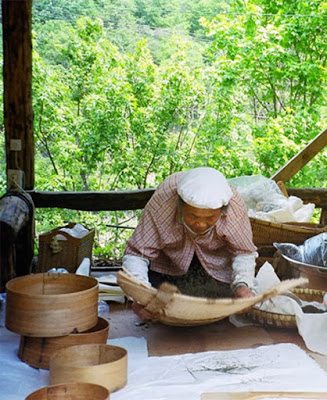
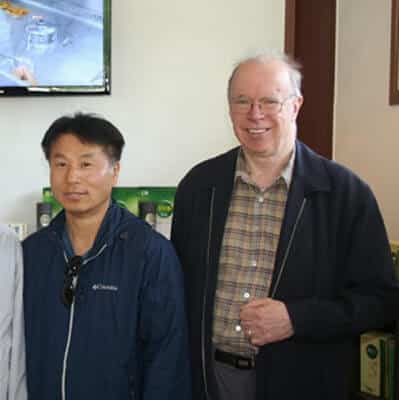








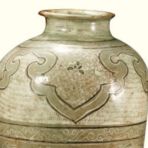
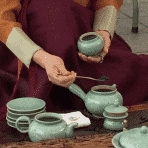
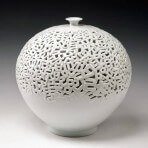
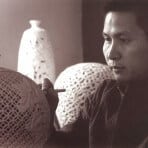

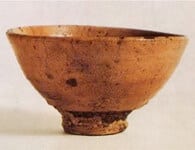
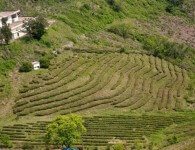
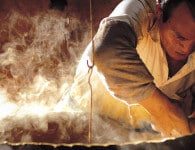
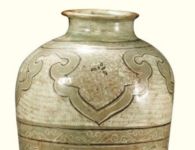
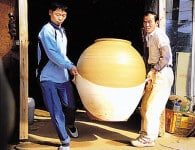
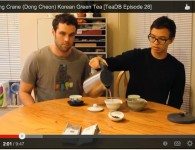
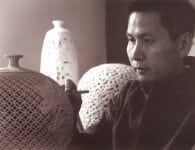
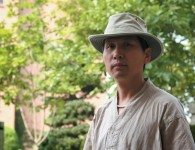
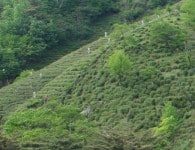
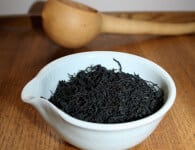

No comments